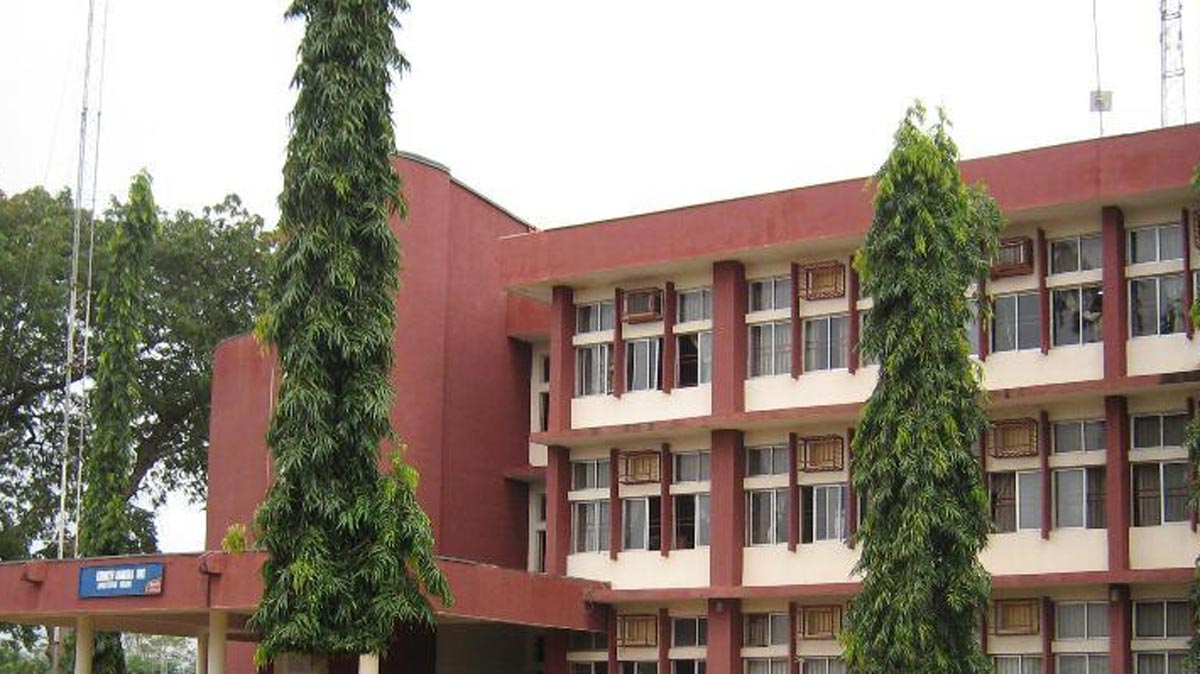He described the official declaration of the country to be guinea worm free by the WHO in 2013, as a welcome development, urging the federal, state government as well as federal ministry of health to sustain the tempo.
He said, “From 653,820 cases of guinea worm disease reported in Nigeria in 1988 labelling the country the most heavily infected and endemic country globally”, he said, but quickly expressed joy that by 1995 the cases of guinea worm cases had dropped to 13,000, while the last reported case.
Anagbogu lamented that that a country that pride itself as the giant of Africa could be talking about such related diseases in the 21st century, saying it was very sad development.
She also lamented the huge amount of money lost while cases of guinea worm disease persisted in the country, and 3mpoverished the citizens..
The Permanent Secretary insisted that the loss incured as a result of the disease was unquantifiable as the period of its transmission mostly coincided with the farming season, resulting to drastic reduction in farm produce.
She said, “Each time people are down with the guinea worm, they can’t go to farm, while the children can’t go to school. Children were tended or they helped to nurse parents who were infected. School abseeism was high in highly endemic areas. The parents spent a lot treating their children.

 The Vice Chancellor, Nnamdi Azikiwe University(NAU), Awka, Prof. Joseph E. Ahanaku has urged the Federal and state government in Nigerian to apply the measures used in eradicating guinea worm disease, to fight other tropical diseases bedevilling the country.
The Vice Chancellor, Nnamdi Azikiwe University(NAU), Awka, Prof. Joseph E. Ahanaku has urged the Federal and state government in Nigerian to apply the measures used in eradicating guinea worm disease, to fight other tropical diseases bedevilling the country.




